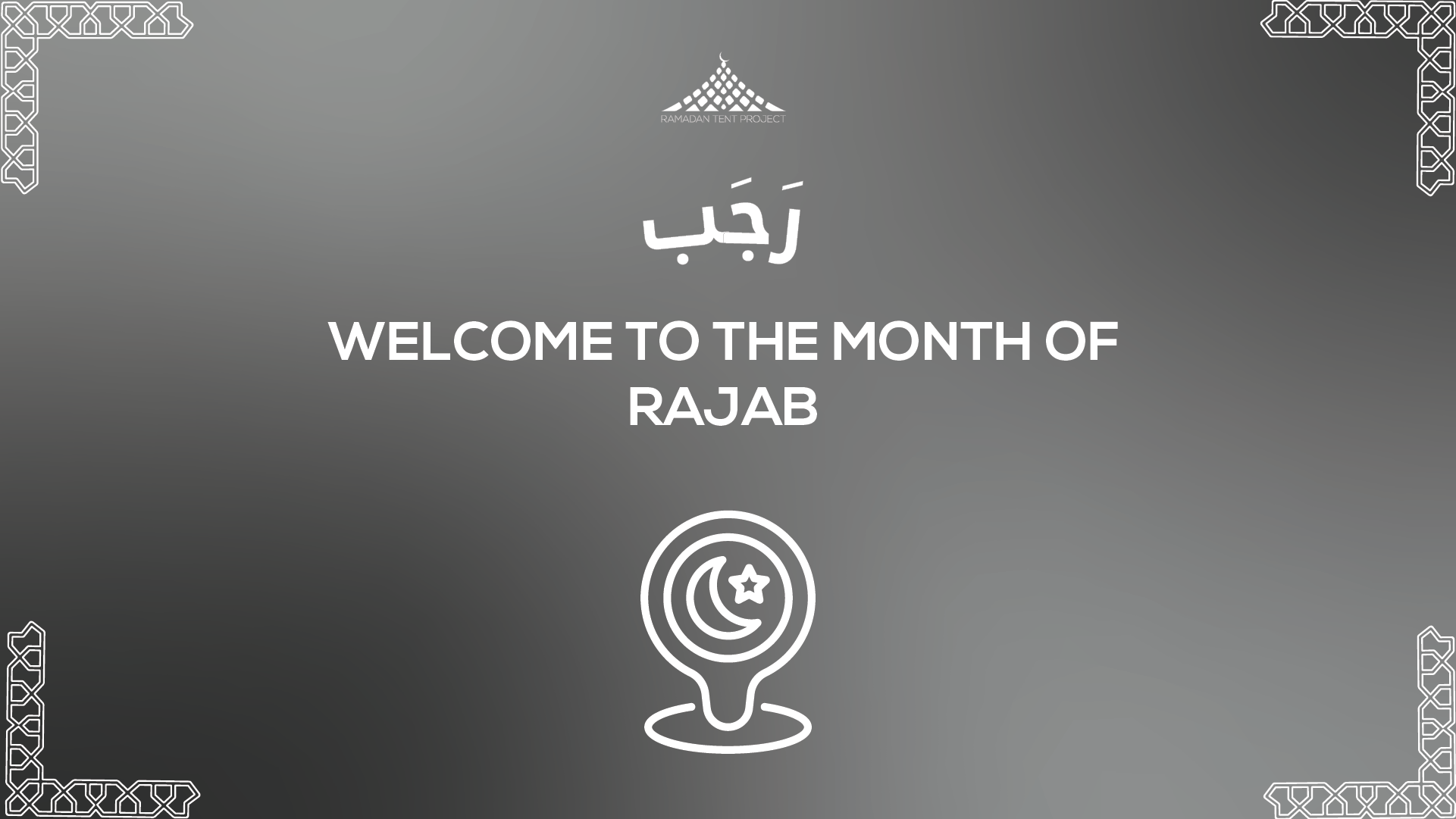
Rajab is one of the four sacred months, along with Dhu al-Qadah, Dhu al-Hijjah, and Muharram. The name “Rajab” itself implies notions of respect, honour, and elevation. A pivotal phase in the Islamic lunar calendar, Rajab is the crossroads of history, significance, and spiritual rejuvenation.
The seventh month in the Islamic lunar calendar, it holds a special place as the precursor to the revered months of Sha’ban and Ramadan.
Steeped in historical events, Rajab invites us to reflect on significant moments:
- The Night Journey and Ascension (Al Isra’ wal Mi’raj): On the 27th night of Rajab, Prophet Muhammad ﷺ undertook a miraculous journey from Mecca to Jerusalem and ascended to the heavens. A night of divine significance and spiritual elevation.
- The Battle of Tabuk: In 9AH, the largest military expedition led by the Prophet Muhammad ﷺ took place. He ﷺ took 300,000 men to face the Roman army and the Battle of Tabuk unfolded.
- Birth of Ali Ibn Abi Talib (RA): The 13th of Rajab marks the birth date of Ali Ibn Abi Talib (RA), the cousin and companion of Prophet Muhammad ﷺ.
As we navigate through the tapestry of Rajab’s significance, we can explore the acts of devotion that define this sacred month. Imam Abu Bakr al-Warraq said: “In the month of Rajab, you sow the seeds, in Sha’ban you irrigate them, and in Ramadan you reap the harvest.”
Rajab serves as a period for engaging in increased worship, reconnecting with the Quran, performing acts of charity, and demonstrating kindness are pathways to amplify our spiritual journey.
As we go through the days of Rajab, let us seize the opportunity for introspection, strengthening our bond with Allah, and contributing positively to our community. May this sacred month pave the way for self-discovery, unity, and a world illuminated by the light of peace and justice.

